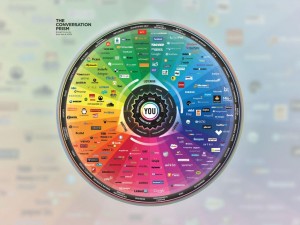Summative Presentation Week 2
@BrianneMelnyk
With today’s summary, I’m trying something somewhat experimental. We’ve been told to feel free to try new things, take chances, and expand our educational thought. I decided to take inspiration from something I’d seen on Pinterest a few months back, but was too late with my class to try.
A teacher had used memes to explain class rules. Being nerdy like that, I found it hilarious. Memes have such visual appeal, and I decided to try and create my own, educational memes, in order to present my learning for the week. What is a meme? It can be thought of as an element of culture passed from one individual to another, or an image or video being passed on the Internet. The word meme comes from a Greek word meaning something imitated. Memes are very popular amongst kids online. And me.
As the week started, I had come to a realization. I love technology. I use technology. I’m an advocate for technology. However, I tended not to use it to create connections. I used it with students, had students use it, but usually in isolation. We may have looked at something on Twitter, such as Chris Hadfield’s pictures from space, but didn’t add anything back in. We were consumers.
I realized that this was reflected in how my school district has offered technology pro-d. There are often some interesting things, usually about how to use a program, and usually never a reason why. Our last districtwide pro-d was entirely tech based, yet I couldn’t find a single session that inspired me. Even as I began my inquiry, I was focused on the end product rather than the why.
As a group, we began researching and pulling in ideas from different sources. We found that while there are varying opinions on whether the use of technology and social media is positive for students, the gains were far more valuable than the losses. One article gave an excellent outline for issues to consider when considering using new technology, the first being, why are you using it?
How is it better than what you already do? What new connection or aspect to the project can the technology bring? This formed the basis for my thought this week. It is not enough to simply use or consume the technology.
As educators, we’ve all experienced resistance to change. This change can be both simple and complex. This can happen for various reasons. Some have been frustrated when trying to use technology.
Some haven’t had the experience in using it, or training. Some simply haven’t ever heard a reason why they should. Some educators are nearing the end of their careers and have little interest in changing.
Many of us have felt overwhelmed and frustrated in the last two weeks as we navigate Mindmeister, Pearltrees, Diigo, Twitter, Kindle, blogs, and more. The next time a colleague says they’re frustrated by technology, think back to how you’ve felt and empathize. It isn’t easy to change. But change is part of the process of life. It is our role to help facilitate that change.
We change, we adapt, we hopefully try and make things better. Better isn’t always easy. However, our students are worth the effort. They’re worth our frustrations as Internet connections grind to a halt, as programs freeze, as we sift through 20 different apps that are all so close, yet not quite exactly what we need.
Even if Grumpy Cat thinks otherwise.
They’re worth sharing ideas and reasoning at a staff meeting. They’re worth offering a session for other teachers as professional development. They’re worth spending far too much time on Twitter than could possibly be healthy.
When thinking about the why of why we’re using technology, don’t forget our biggest reason why.
Our students.


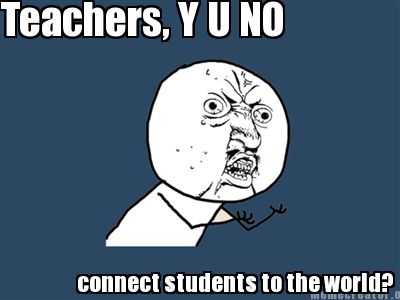
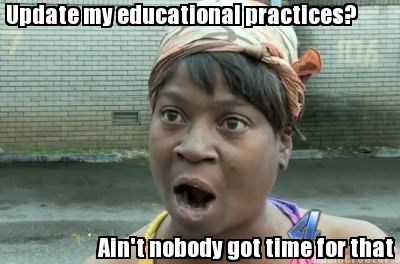



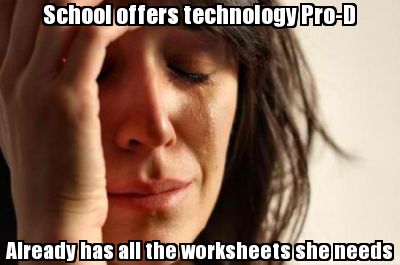




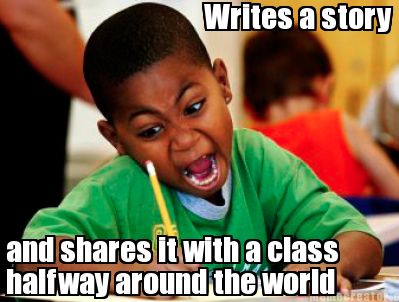

 Follow
Follow


